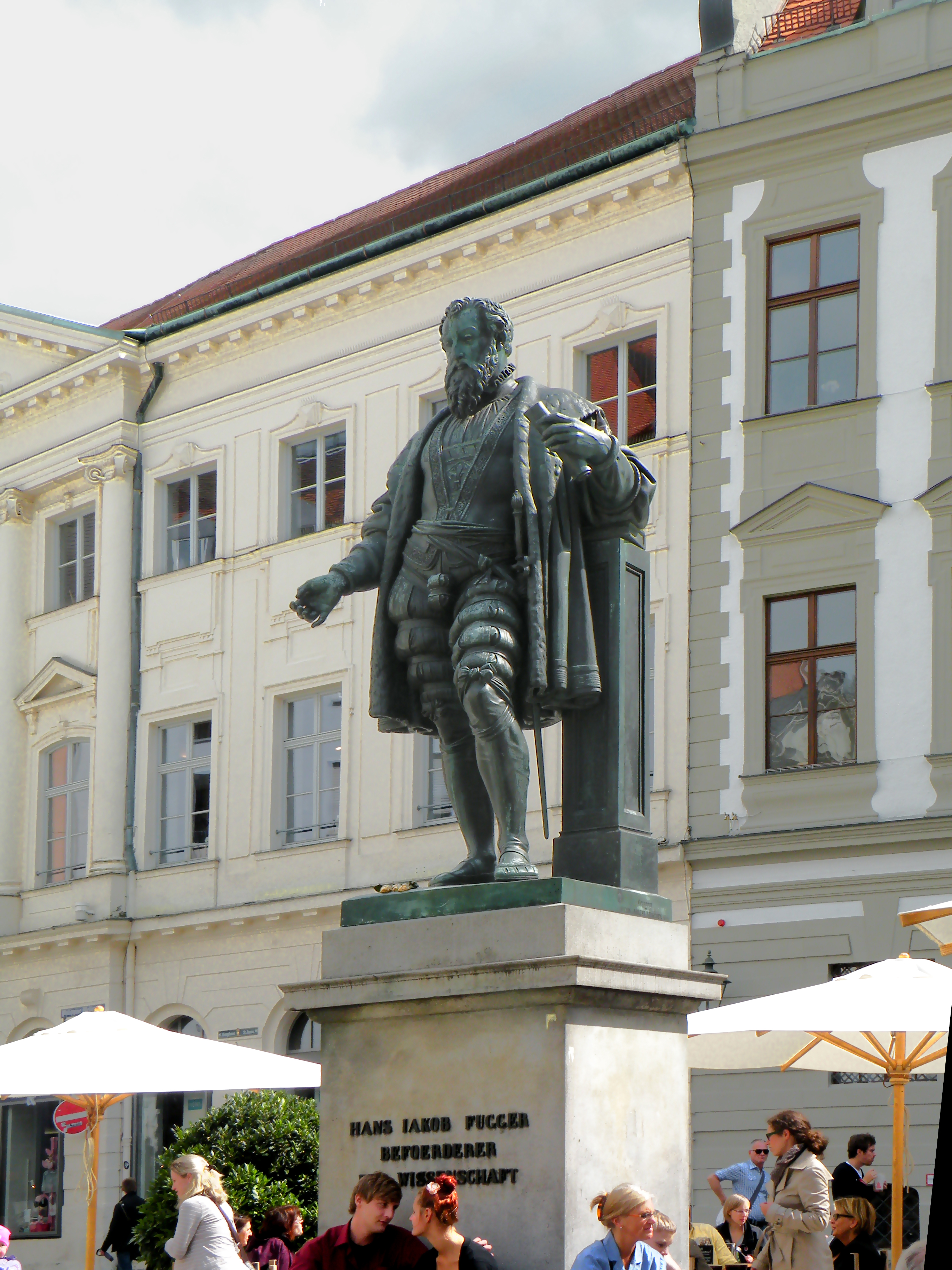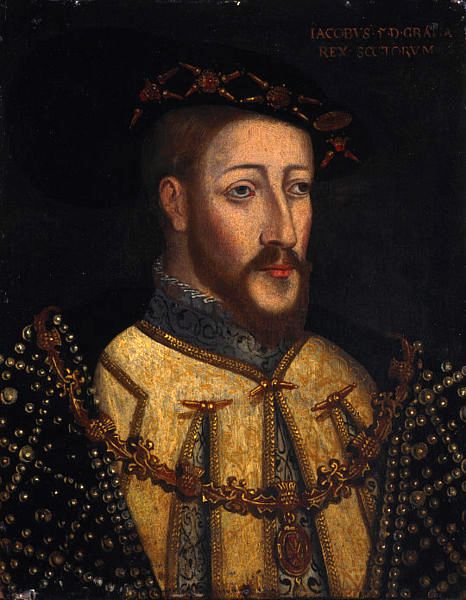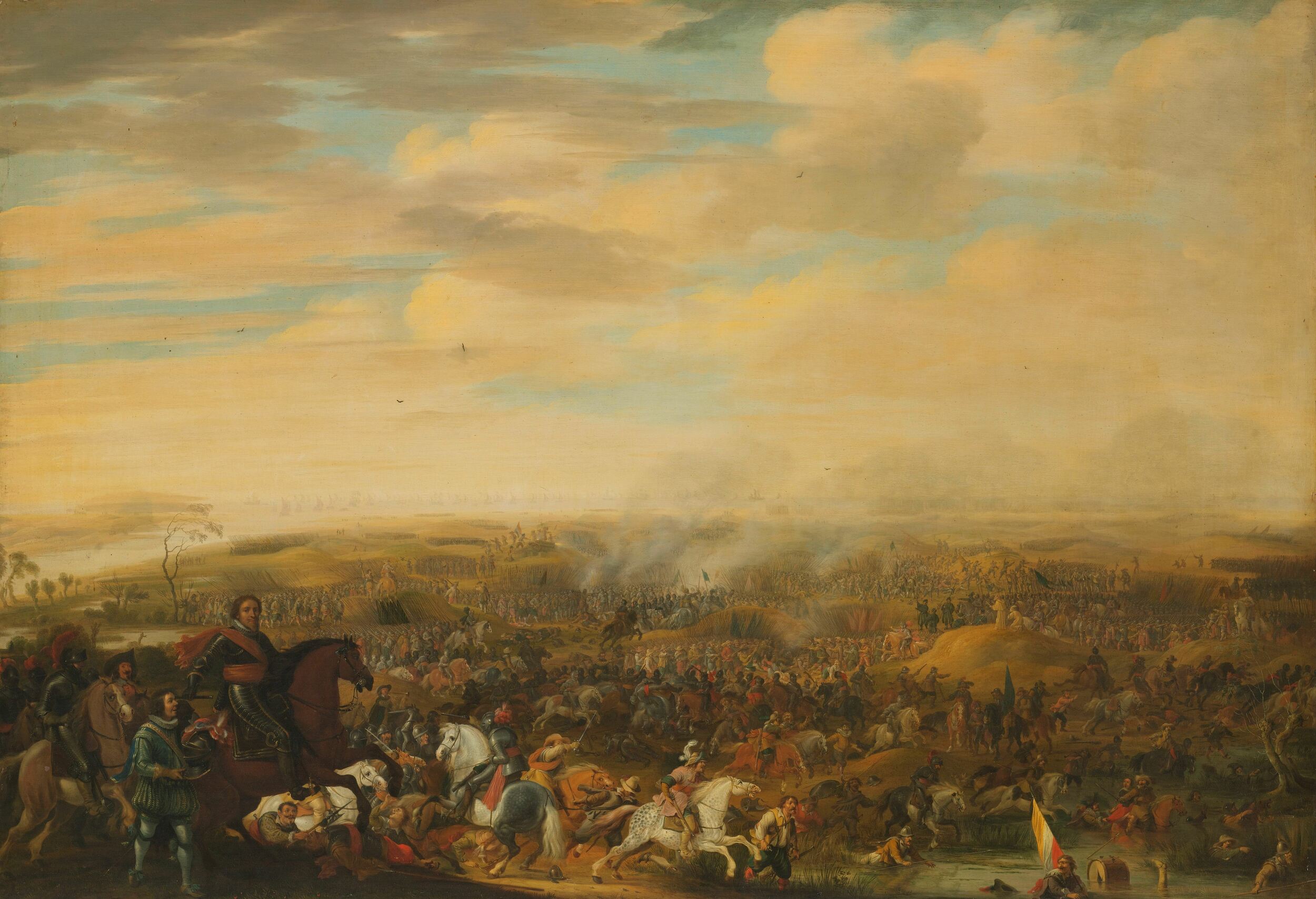|
Sigmund Fugger Von Kirchberg Und Weißenhorn
Sigmund Friedrich Fugger von Kirchberg und Weißenhorn (1542 - 15 November 1600) was a German cleric of the Fugger family, most notable as bishop of Regensburg from 2 July 1598 to 1600. Life A son of the businessman and humanist Hans Jakob Fugger (born 23 December 1516) and his wife Ursula von Harrach (1522–1554), Sigmund's brothers included religious dignitaries, along with Karl and Ferdinand (who were colonels in the Spanish army) and Maximilian (a Komtur in the German orders of chivalry). He became bishop of Regensburg in 1598, taking on the bishopric when it was plagued by war, debt and bad harvests. He tried to continue the reforming work of Jakob Miller, who had from 1587 to 1597 reformed the bishopric for the bishop and cardinal Philip Wilhelm. In accordance with the Council of Trent's demands for reform, Sigmund urged the laity in his diocese to go frequently to confession, rigorously enforced priestly celibacy and monitored religious education in the diocese's paris ... [...More Info...] [...Related Items...] OR: [Wikipedia] [Google] [Baidu] |
Fugger
The House of Fugger () is a German family that was historically a prominent group of European bankers, members of the fifteenth- and sixteenth-century mercantile patriciate of Augsburg, international mercantile bankers, and venture capitalists. Alongside the Welser family, the Fugger family controlled much of the European economy in the sixteenth century and accumulated enormous wealth. The Fuggers held a near monopoly on the European copper market. This banking family replaced the Medici family who influenced all of Europe during the Renaissance. The Fuggers took over many of the Medicis' assets and their political power and influence. They were closely affiliated with the House of Habsburg whose rise to world power they financed. Unlike the citizenry of their hometown and most other trading patricians of German free imperial cities, such as the Tuchers, they never converted to Lutheranism, as presented in the Augsburg Confession, but rather remained with the Roman Catholi ... [...More Info...] [...Related Items...] OR: [Wikipedia] [Google] [Baidu] |
Bishop Of Regensburg
The Bishops of Regensburg (; or ) are bishops of the Roman Catholic Diocese of Regensburg in Bavaria, Germany."Diocese of Regensburg" ''Catholic-Hierarchy.org'', David M. Cheney, Retrieved 29 February 2016"Diocese of Regensburg" ''GCatholic.org'', Gabriel Chow, retrieved 29 February 2016 The seat of the bishops is Regensburg Cathedral. History The diocese was founded in 739. The bishops were Princes of the Holy Roman Empire, ruling a territory known as the Prince-Bishopric of Regensburg. They were not among the most powerful Prince-Bishops, due to the existence of other ''reichsfrei'' authorities in Regensburg that ...[...More Info...] [...Related Items...] OR: [Wikipedia] [Google] [Baidu] |
Johann Jakob Fugger
Johann Jakob Fugger or Hans Jakob Fugger (23 December 1516, Augsburg - 14 July 1575, Munich) was a German banker and patron of the arts and sciences from the ''von der Lilie'' (''of the Lily'') line of the noted Fugger banking family. Life He was the son of Raymund Fugger (1489–1535) and his wife Katharina Thurzó family, Thurzó (1488–1535), daughter of János Thurzó, owner of a mining company. Johann Jakob inherited the business from his father's brother Anton Fugger in 1560 but did not prove so fortunate in his business dealings - the family had lent money to Charles V, Holy Roman Emperor, landing them in deep trouble when Spain went bankrupt. Johann Jakob had to sell off his whole collection (except his library) to improve matters and handed the business over to his cousin Markus Fugger, Marcus (1529–1597), who was able to consolidate it. In 1565 he entered Albert V, Duke of Bavaria, Albert V's service and later became president of his privy chamber. On Titian's advice ... [...More Info...] [...Related Items...] OR: [Wikipedia] [Google] [Baidu] |
Harrach
The House of Harrach is the name of an old and influential German nobility, Austro-German noble family, which was also part of the Bohemian nobility. The ''Grafen'' (Counts) of Harrach were among the most prominent families in the Habsburg Empire. As one of a small number of Mediatised Houses, mediatized houses, the family belongs to the ''Uradel, High nobility'' (ancient nobility). History The family first appeared in 1195 in the documents found in :File:Ranshofen-6.JPG, Ranshofen Abbey, Duchy of Bavaria. There are two main family branches — the Rohrau, Austria, Rohrau branch in Austria (until 1886) and the Jilemnice branch in Bohemia. They were formed by two sons of Count Karl von Harrach (1570–1628). Two branches were later founded by grandsons of Friedrich August von Harrach-Rohrau — Ernest Christopher Joseph (d. 1838) and Ferdinand Joseph (d. 1841). * 1195 — first mention of the family in Ranshofen monastery. * 14th century — owned lands in Austria, Carinthia (pro ... [...More Info...] [...Related Items...] OR: [Wikipedia] [Google] [Baidu] |
Komtur
Commander (; ; ; ; ), or Knight Commander, is a title of honor prevalent in chivalric orders and fraternal orders. The title of Commander occurred in the medieval military orders, such as the Knights Hospitaller, for a member senior to a Knight. Variations include Knight Commander, notably in English, sometimes used to denote an even higher rank than Commander. In some orders of chivalry, Commander ranks above (i.e. Officer), but below one or more ranks with a prefix meaning 'Great', e.g. in French, in German, (using an equivalent suffix) in Spanish, in Italian, and in Dutch (, 'Grand Commander'), Grand Cross. France History The rank of in the French orders comes from the Middle Ages military orders, in which low-level administrative houses were called and were governed by . In the Modern Age, the French Kings created chivalric orders which mimicked the military order's ranks. * The Order of the Holy Spirit, created in 1578 by king Henry III, had two categories of ... [...More Info...] [...Related Items...] OR: [Wikipedia] [Google] [Baidu] |
Jakob Miller
Jakob Miller (also spelled ''Jacob Myller'' or ''Müller''; 1550 - 11 December 1597) was a Catholic reformist theologian, provost and administrator of the diocese of Regensburg. Life Miller was born in Kißlegg, Allgäu. He studied at the Germanicum in Rome and in 1578 was made a cathedral-preacher in Konstanz, then on his deposition from that post in 1585 as visitor to the bishopric of Konstanz. From 1586 he was spiritual overseer of the diocese of Regensburg. In Regensburg Miller tried to set up a Jesuit college, wrote new diocesan constitutions and enforced the decisions of the Council of Trent in the diocese. In 1592 he was made the first mitred provost of Regensburg, since the bishop Philipp of Bavaria was still in his minority. He died in Regensburg Regensburg (historically known in English as Ratisbon) is a city in eastern Bavaria, at the confluence of the rivers Danube, Naab and Regen (river), Regen, Danube's northernmost point. It is the capital of the Upper Pa ... [...More Info...] [...Related Items...] OR: [Wikipedia] [Google] [Baidu] |
Philip Wilhelm Von Bayern
Philipp Wilhelm of Bavaria (born 22 September 1576, Munich;https://www.britishmuseum.org/collection/term/biog201178 died 18 May 1598, Dachau) was a German cardinal. Life The son of William V, Duke of Bavaria and Renata of Lorraine, he studied theology and philosophy at Ingolstadt University with his younger brother Ferdinand (later archbishop of Cologne). He was given the honorary posts of canon of Cologne, Mainz, Salzburg and Trier, having already been made prince bishop of Regensburg aged three. His father hoped Philipp's election as bishop would bind the diocese more strongly to the duchy of Bavaria and defend against the Protestant forces in the city of Regensburg. During his minority Philipp was represented by Felizian Ninguarda. In 1582, his post was given to the Bohemian Baron Zbinko Berka. In 1586, Zbinko and Philipp's father came into tension and so Zbinko handed over the diocese's administration to Jakob Miller in 1586. Philipp was made a cardinal by pope Clement VIII i ... [...More Info...] [...Related Items...] OR: [Wikipedia] [Google] [Baidu] |
Council Of Trent
The Council of Trent (), held between 1545 and 1563 in Trent (or Trento), now in northern Italy, was the 19th ecumenical council of the Catholic Church. Prompted by the Protestant Reformation at the time, it has been described as the "most impressive embodiment of the ideals of the Counter-Reformation.""Trent, Council of" in Cross, F. L. (ed.) ''The Oxford Dictionary of the Christian Church'', Oxford University Press, 2005 (). It was the last time an ecumenical council was organized outside the city of Rome. The Council issued key statements and clarifications of the Church's doctrine and teachings, including scripture, the biblical canon, sacred tradition, original sin, justification, salvation, the sacraments, the Mass, and the veneration of saintsWetterau, Bruce. ''World History''. New York: Henry Holt and Company, 1994. and also issued condemnations of what it defined to be heresies committed by proponents of Protestantism. The consequences of the council were als ... [...More Info...] [...Related Items...] OR: [Wikipedia] [Google] [Baidu] |
1542 Births
__NOTOC__ Year 1542 ( MDXLII) was a common year starting on Sunday of the Julian calendar. Events January–March * January 6 – In the Yucatan peninsula in Mexico, the Spanish colonists create the new town of Mérida. * January 16 – The 8th Parliament of Henry VIII assembles at Westminster after having been summoned on November 23. * January 20 – The first legislature for the Voivode of Transylvania meets at Vásárhely in the Kingdom of Hungary (now Târgu Mureș in Romania). * January 23 – Tutul-Xiu, the Mayan ruler of the Maní in Yucatán, arrives at the Spanish settlement of Merida with food supplies for the colonists and offers to assist the Spaniards in their conquest of Yucatan in return for being installed as the leading Mayan ruler in Mexico. * February 2 – Battle of Baçente: The Portuguese under Cristóvão da Gama capture a Muslim-occupied hillfort in northern Ethiopia. * February 13 – Catherine Howard, unti ... [...More Info...] [...Related Items...] OR: [Wikipedia] [Google] [Baidu] |
1600 Deaths
In the Gregorian calendar, it was the first century leap year and the last until the year 2000. Events January–March * January 1 – Kingdom of Scotland, Scotland adopts January 1 as New Year's Day instead of March 25. * January 20 – Hugh O'Neill, Earl of Tyrone, renews the Nine Years' War (Ireland) against England with an invasion of Munster. * January 24 – Sebald de Weert makes the first recorded sighting of the Falkland Islands. * February 17 – On his way to be burned at the stake for Heresy in Christianity, heresy in Rome, Giordano Bruno has his tongue "imprisoned" after he refuses to stop talking. * February 19 – The Huaynaputina volcano in Peru erupts, in what is still the worst recorded volcanic eruption. * March 20 – Linköping Bloodbath: Five Swedish nobles are publicly executed by decapitation and Polish–Swedish union, Polish–Swedish King Sigismund III Vasa is ''de facto'' deposed as ruler of Sweden. April–June * April 19 – The first Netherl ... [...More Info...] [...Related Items...] OR: [Wikipedia] [Google] [Baidu] |
Fugger Family
The House of Fugger () is a German family that was historically a prominent group of European bankers, members of the fifteenth- and sixteenth-century mercantile patrician (post-Roman Europe), patriciate of Augsburg, international mercantile bankers, and venture capitalists. Alongside the Welser, Welser family, the Fugger family controlled much of the European economy in the sixteenth century and accumulated enormous wealth. The Fuggers held a near monopoly on the European copper market. This banking family replaced the House of Medici, Medici family who influenced all of Europe during the Renaissance. The Fuggers took over many of the Medicis' assets and their political power and influence. They were closely affiliated with the House of Habsburg whose rise to world power they financed. Unlike the citizenry of their hometown and most other trading patricians of German free imperial city, free imperial cities, such as the Tucher von Simmelsdorf, Tuchers, they never converted to Lu ... [...More Info...] [...Related Items...] OR: [Wikipedia] [Google] [Baidu] |




